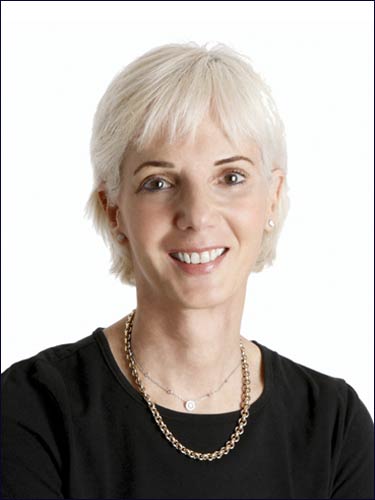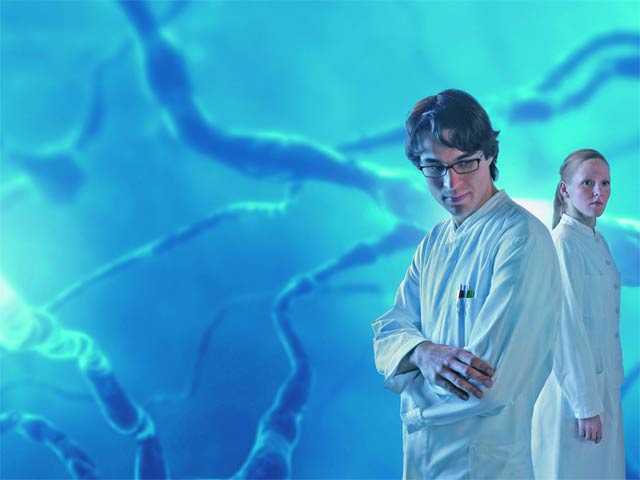By Rivka Borochov
Israel is a globally recognized hub for biomedical technologies and inventions. From novel compounds like Copaxone to keep multiple sclerosis at bay, to the billion-dollar company Biosense bought by Johnson & Johnson to offer a solution for heart arrhythmia, Israeli entrepreneurs and scientists are dedicated to changing the face of the biomedical industry worldwide.
How all these great minds invent life-changing technologies will be documented and exhibited at Israel’s annual International Biomed Conference in Tel Aviv June 10-12, 2013, officially known as IATI-BioMed Israel.
Some 6,000 people from 40 countries are expected to attend. Keynotes speakers include Israeli Chief Scientist Avi Hasson; Dr. Jeremy Levin, CEO of Teva Pharmaceutical Industries; Pat Mackin of Medtronic; Douglas Solomon, global head of medical technology for Barclays Bank; and Dr. Scott P. Bruder of Stryker.
Newcomers to the scene will include academics and engineers from the “startup nation” as well as new companies that aim to bridge the interface of the IT industry with healthcare.

Ruti Alon, co-chair of the event
For those familiar with the venue, there will be a few changes to this year’s event, says Ruti Alon, co-chair of the conference and a partner at Pitango Venture Capital. For one, there will be seven simultaneous sessions of presentations over the three-day period, with presenters picked by those attending the event via a social media campaign.
A whole new range of topics will be opening up, including regulatory issues in various markets around the world, as well as new business models, and how companies can protect their intellectual property.
A floor for international success
In the past, except for keynote speakers, only Israeli companies were allowed to present in the sessions. This time, with the conference well-established over its 12 years, representatives of companies from abroad will be permitted to take the floor as well.
A lower entrance fee this year will give ticket-holders entry rights to both the exhibitions and the conference sessions. Nearly 200 presentations are planned over three days, and some 190 companies will have a presence on the exhibition floor.

The future of biomedicine is revealed at Israel’s annual BioMed“Biomed is no longer just about companies in medical devices or bio-pharma,” says Alon. Health IT and seven other sub-categories of the biomed or biotech sphere will be reviewed over the event.
Alon, who prefers not to use the limiting word “biotech,” explains: “Why would you come to Israel? It is very well known for its inventions and innovations in the field. Israel is placed extremely high in patents per capita. In medical devices it’s number one and in bio-pharma it’s number two.”
Some of history’s greatest biomedical achievements from Israel include the drug Copaxone, Alon says, in addition to Rebif, another pharmaceutical for treating multiple sclerosis; and Herbitox for treating colon cancer.
In medical devices, she mentions Biosense Webster, a company using electrophysiology to treat heart arrhythmia that was established in Israel and then bought by J&J. It is a billion-dollar company today.
And Israelis, she notes, were the first developers and pioneers of the CT scan.
“People know about Israel’s invention level. As the companies grow and mature, and established companies mature over time, usually the innovation level becomes very apparent,” she points out.